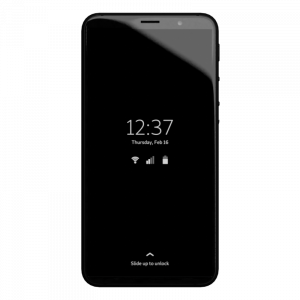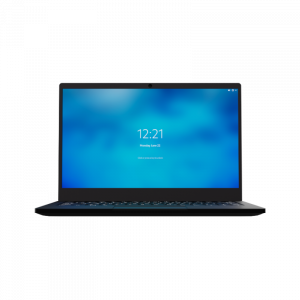Google’s New Sideloading Restrictions: Why Purism Thinks Differently
Purism
Latest posts by Purism (see all)
- A Quarter Century After Cyberselfish, Big Tech Proves Borsook Right - December 20, 2025
- PureOS Crimson Development Report: November 2025 - December 15, 2025
- Purism Liberty Phone Exists vs. Delayed T1 Phone - December 10, 2025
Google’s New Sideloading Restrictions: Why Purism Thinks Differently
Google is introducing a new developer verification system claiming to increase security and combat malware (in the name of controlling users). Google’s “security” push is a double-edged sword. It may help fight a certain type of malware. But it also reminds us all that Android’s identity is not the “open” alternative to iOS. As that most likely matters to you, now’s a good time to start looking at platforms that put users first—before those choices shrink even further.
Starting in 2026, Android will begin blocking apps from being installed unless the developer is officially verified. By 2027, this will roll out globally. In other words, sideloading as we’ve known it is about to change.
What is Actually Changing?
- Google will be forcing developer identity checks on all developers, even those not on the Play Store. They want all developers to register and hand over things like their legal name, address, and possibly government ID.
- Google will block ALL unverified apps. If a developer doesn’t go through the verification process, you won’t be able to install their APKs on a Google-certified Android phone.
- Global rollout will being starting in late 2026 in Southeast Asia, then everywhere in 2027.
Google says these new measures are about security – but the bigger story is about control.
Android Losing Its Edge?
At its launch in 2008, one of Android’s biggest selling points was: “You’re free to install whatever you want.” That’s what set them apart from Apple’s iOS and its tightly guarded App Store. This appealed to a segment of users and developers who value customization and control, and gave developers the freedom to distribute apps outside of the Google Play Store
This change makes Android feel a lot less open. Many Play Store users probably won’t notice much of a difference. But for people who rely on sideloading—whether that’s developers, tinkerers, or privacy-focused users—Google just made things a lot harder. It’s a classic trade-off where more security equals less freedom. Android is edging closer to Apple’s walled garden approach.
Purism’s philosophy is simple: your phone should serve you—not a corporation’s bottom line.
Instead of doubling down on gatekeeping, Purism is taking the opposite approach, focused on “no gatekeepers” and no “verified developer” roadblocks. Allowing freedom to all to install whatever they want.
All code is truly free/libre and open source software with the source code 100% available. Every line of code is available to inspect, modify, and use in whatever way you desire. This freedom allows you to load (not even ‘sideload’) whatever applications you would like, this is complete freedom from the control Google and Apple force upon you.
Google’s move highlights a growing divide in tech:
Safety and convenience of a locked-down ecosystem or the freedom (and responsibility) of controlling your own device?
If you care about privacy, autonomy, and actual ownership of your device, Purism is proving there’s another way forward.
Purism Products and Availability Chart
| Model | Status | Lead Time | ||
|---|---|---|---|---|
 | Librem Key (Made in USA) | In Stock ($59+) | 10 business days | |
 | Liberty Phone (Made in USA Electronics) | In Stock ($1,999+) 4GB/128GB | 10 business days | |
 | Librem 5 | In Stock ($799+) 3GB/32GB | 10 business days | |
 | Librem 11 | In Stock ($999+) 8GB/1TB | 6+ weeks | |
 | Librem 14 | Out of stock | New Version in Development | |
 | Librem Mini | Out of stock | New Version in Development | |
 | Librem Server | In Stock ($2,999+) | 45 business days | |
 | Librem PQC Encryptor | Available Now, contact sales@puri.sm | 90 business days | |
 | Librem PQC Comms Server | Available Now, contact sales@puri.sm | 90 business days |
Recent Posts
Related Content
- Landfall: A Case Study in Commercial Spyware
- EvilAI Malware Exploits AI Targets Organizations Worldwide
- Sound Recorder App Now Available
- AWS Outage, Purism’s Answer is clear: Decentralize, Localize, and Empower Users to Own Their Digital Lives
- Drawing App Now Available


